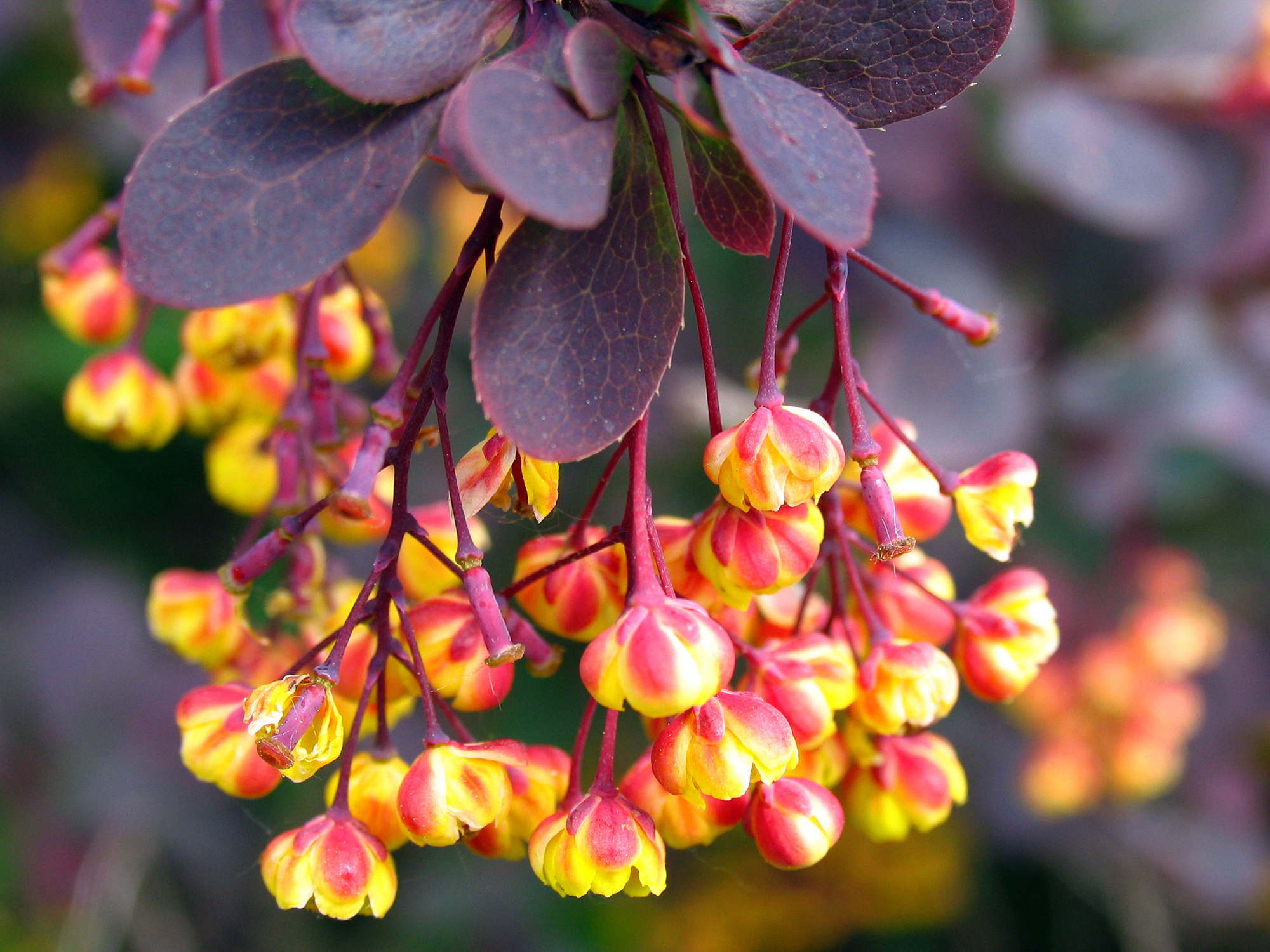Get Easy Health Digest™ in your inbox and don’t miss a thing when you subscribe today. Plus, get the free bonus report, Mother Nature’s Tips, Tricks and Remedies for Cholesterol, Blood Pressure & Blood Sugar as my way of saying welcome to the community!
Plant weeds out cancer, improves therapy

The power of natural plant compounds as cancer prevention and treatment agents is truly astounding.
Excitingly, as scientists delve deeper into research, they’re discovering these natural substances may provide protection above and beyond medications.
One rising star in the realm of natural tumor treatment is berberine…
Berberine is a compound extracted from the roots and stems of traditional herbs like the goldenseal plant, goldthread, tree turmeric, Oregon grape and phellodendron. Since most of these plants are native to countries like India and China, it’s no surprise that berberine has been used in traditional medicines for centuries.
Now, scientific explorations have concluded that berberine suppresses the growth of tumor cells and halts their migration — exhibiting almost remarkable anti-cancer properties, particularly for colon and breast cancers (see research sources at the end of my post!).
In order for cancerous tumors to thrive and spread, they need an environment that is low in oxygen and highly acidic, which is the opposite of what most healthy cells need. And this is where berberine provides assistance…
Berberine targets cancer cells at the metabolic level, disrupting the cells environment and cutting off their energy supply so they can no longer multiply and spread. It accomplishes this by activating an enzyme that disrupts the mitochondria (the power house) of the cancerous cell so that it begins to starve and eventually self-destructs.
Traditional chemotherapy targets the whole body so the healthy cells often become damaged right alongside the tumorous ones. As a consequence, the immune system becomes compromised and it can be difficult for cancer patients to recover.
Because of the way berberine targets the cell’s energy supply, it only influences the cancer-causing cells, without affecting the healthy ones. Therefore, in terms of cancer treatment, this humble plant compound appears to offer powerful support during cancer recovery — weeding out just the bad cells.
In terms of breast cancer specifically, a recent study found that berberine suppresses the proliferation and migration of breast cancer cells, and even causes cancer cell death.
But the best news is, it appears berberine may inhibit the invasion of cells that lead to breast cancer in the first place!
The research is strong that there is the potential to include berberine as a natural component for nanoparticulate delivery systems used in cancer therapy. But for now, the easiest way to consume berberine is via supplementation.
Studies recommend a dosage of approximately 1,500 mg per day. However, this supplement has a short half-life, which means that it doesn’t last long once ingested. This simply means it may be most beneficial to take 500mg three times a day (morning, noon and evening) to gain all the benefits.
Because berberine also has anti-diabetic effects (may lower high blood sugar), discuss taking with your doctor if you are on blood sugar-lowering medications to avoid a significant drop.
Editor’s Note: Did you know that as many as 91 percent of oncologists would refuse conventional treatment if they faced a cancer diagnosis? They would never tell you this, but many would pursue natural treatments … to discover what these natural treatments are, and how you can fight and prevent cancer with vitamin C and other natural cancer fighters, before they’re hospital therapies, click here for Dr. Michael Cutler’s exclusive guide to fighting and surviving cancer!
Sources:
-
Ma W, et al. Berberine inhibits the proliferation and migration of breast cancer ZR-75-30 cells by targeting Ephrin-B2. — Phytomedicine. 2017;25:45-51.
-
Ke Su, et al. Tumor suppressor berberine binds VASP to inhibit cell migration in basal-like breast cancer. — Oncotarget. 2016;7(29):45849–45862.
-
Kaboli PJ, et al. Targets and mechanisms of berberine, a natural drug with potential to treat cancer with special focus on breast cancer. — European Journal of Pharmacology. 2014;740(5):584–595.
-
Anis KV, et al. Inhibition of chemical carcinogenesis by berberine in rats and mice. — Journal of Pharmacy and Pharmacology. 2001;53(5):763-768.












